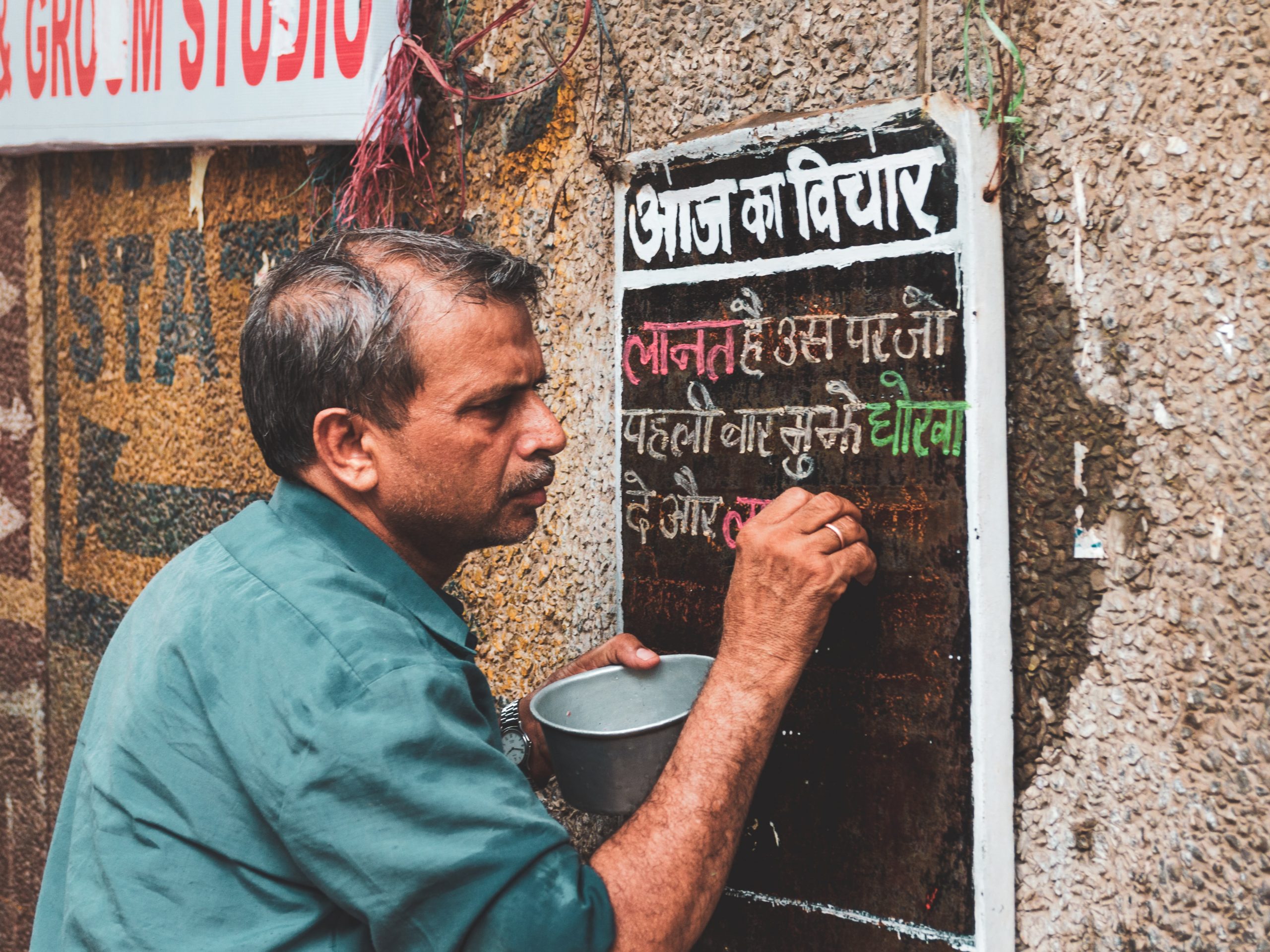Promoting Indian Languages: Opportunities Galore
by Aryan Gauba, BMS’24
Languages are a reflection of the people who speak them, as well as their history and culture. The very nature of untranslatable words indicates that there is a cultural concept that was deemed important enough to be given its own word. You can understand ideas and thoughts that are different from your own culture by learning a foreign language. Therefore, it is quite imperative we respect every ethnic and foreign language.
Every year on 21st February, International Mother’s Language Day is celebrated in order to promote linguistic and cultural diversity and multilingualism. This day honors the importance of languages and multilingualism in the advancing formation we are currently living in and achieving the sustainable development goals’ goal of leaving no one behind. This day safeguards linguistic diversity and is acclaimed as a day dedicated to preserving and protecting all cultures & their languages. Having said that, we should promote our culture as well as various Indian languages in order to maintain the rich history we have been gifted with.
Now, in today’s rush, being able to speak as well as write different languages is a statement of class. To simplify, if one doesn’t know how to speak English, stereotypes depict that they aren’t well educated or financially off. On the other hand, stereotypes are not mysterious or erratic, with this particular one, we should understand that people might belong to different backgrounds, which doesn’t explain how well off they really are. Furthermore, we should not forget how imperative it is to learn new ethnic disciplines as well as respect your own ones. One of the major changes brought up in order to shake the education system as well as counter these stereotypes, is the new education policy.
The NEP 2020 language policy gives the three-language formula more flexibility because no single language will be imposed on any state. States, regions, and students are free to choose which three languages they want to learn, with at least two of them having to be indigenous to India. This allows multilingualism .To add something to your trivia knowledge; between 1950 and 2010, 230 languages became extinct. As more languages become extinct, these clues about history, culture, and humanity may be lost, which in turn would affect our originality and culture.
On the other hand, it is very crucial that we keep our history intact by using our own ethnic languages. To do so, we need to remind ourselves to focus on learning new languages and culture but never forget the principles that we have grown up with. For example, it is sublime to learn any culture; but it is crucial that everyone promote their own culture.
Every language is a cultural heritage that must be safeguarded in order to maintain cultural diversity and intercultural dialogue. Thereby, we should understand the importance of ethnic languages and not forget that these ethnic disciplines such as languages and flags should be well respected. Furthermore, we should not forget how imperative it is to learn new ethnic disciplines as well as respect your own ones. In the context of COVID-19, it is to promote inclusion in education in order to advance education recovery. As a result, all parents and teachers must encourage their children or students to learn and respect multiple languages.




Comments